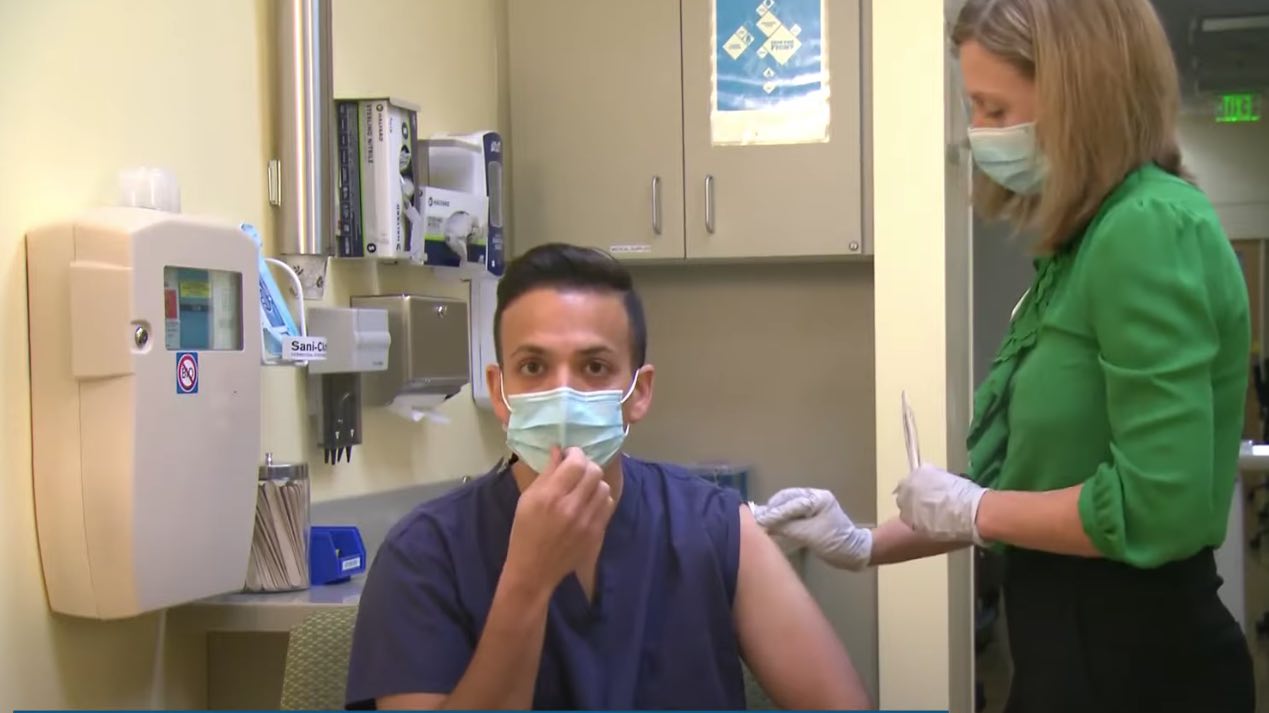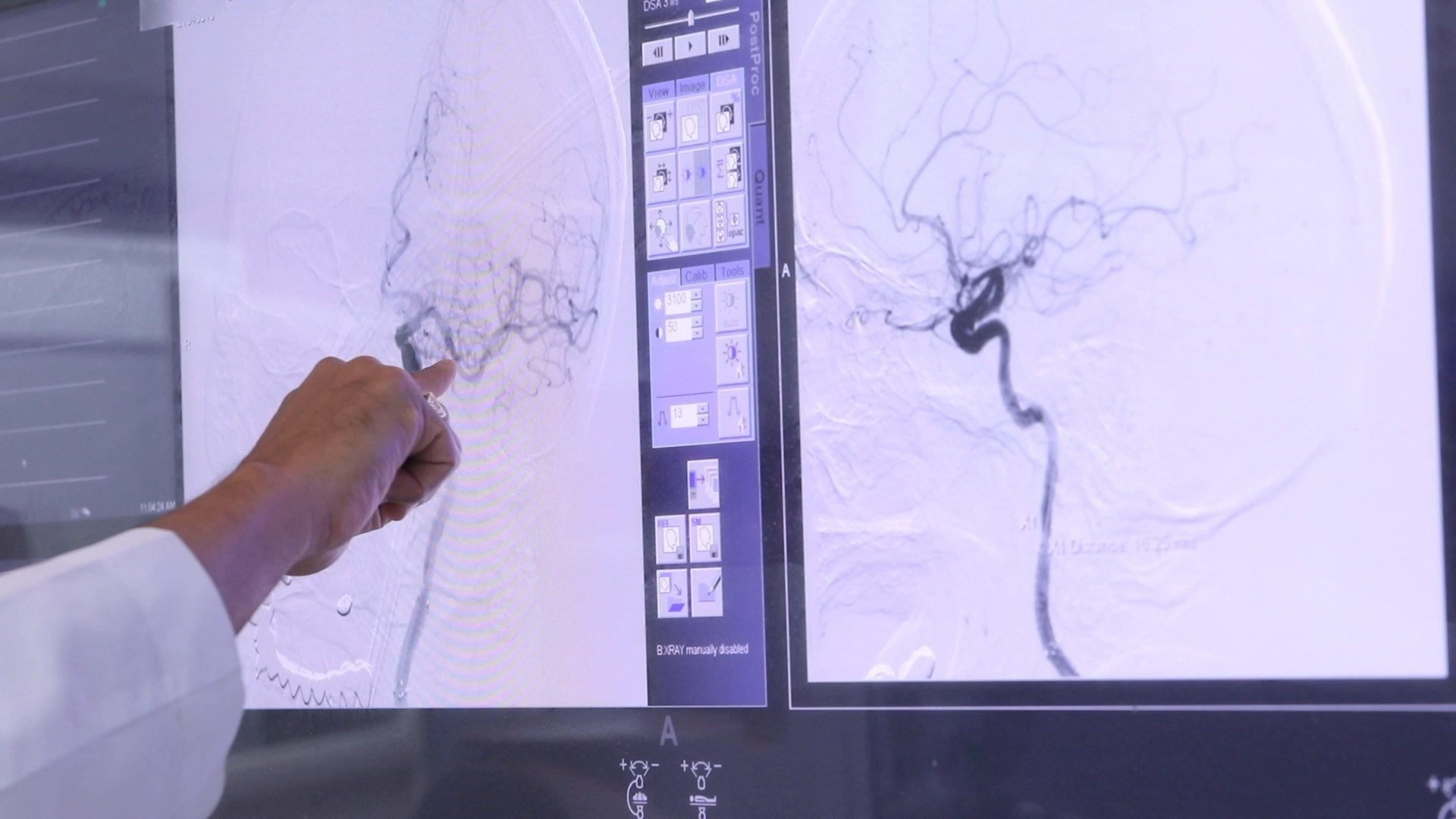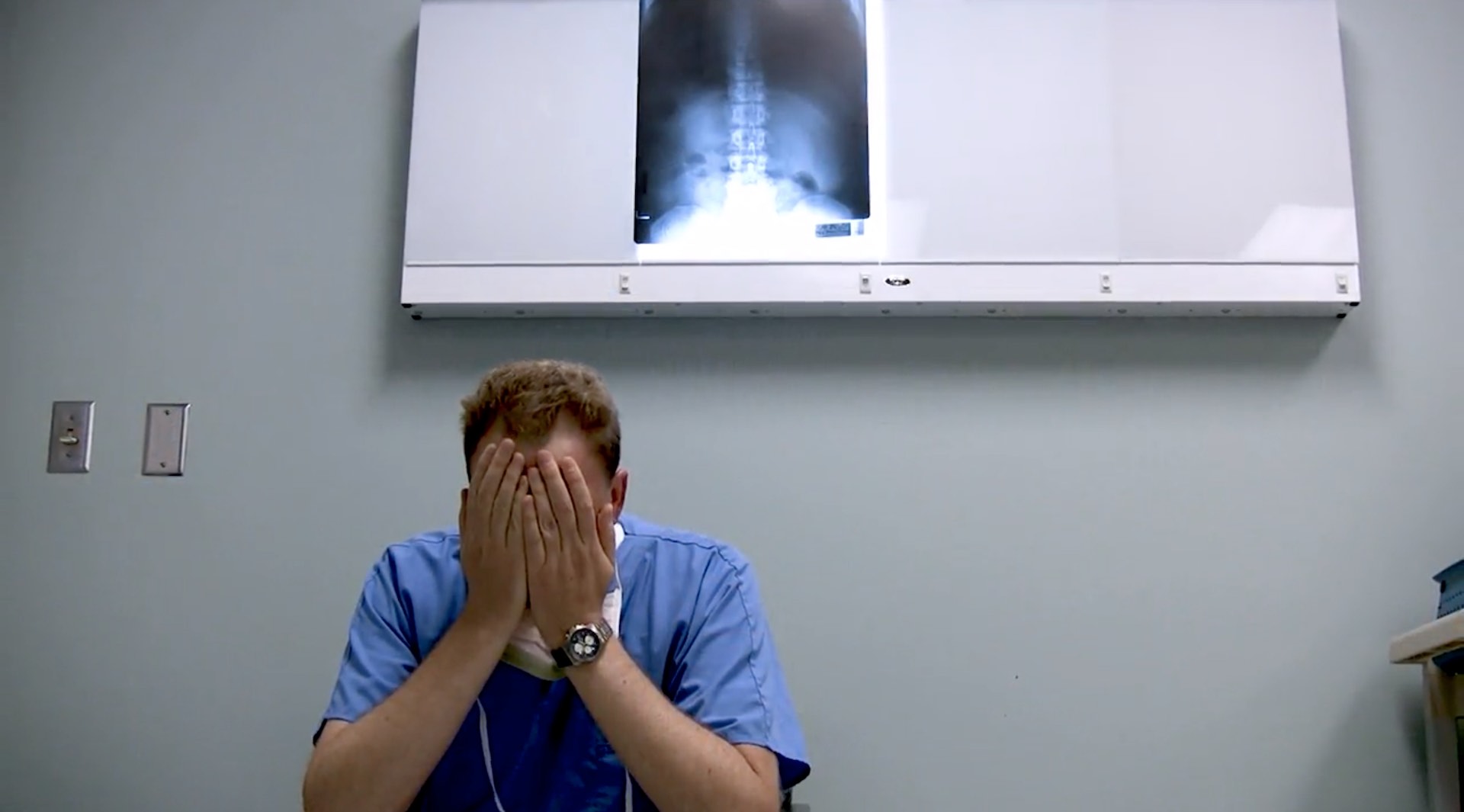NEW YORK (Reuters Health) – Findings from a Swiss observational study indicate that outcomes of intravenous thrombolysis for ischemic stroke are less favorable in nonagenarians than octogenarians.
Writing in the July issue of Stroke, Dr. Hakan Sarikaya, with the University Hospital of Zurich, and colleagues note that the number of nonagenarians will increase 8-fold by 2050, but relatively little is known about outcomes of intravenous thrombolysis for ischemic stroke in this “oldest old” age group.
They therefore conducted a study at seven stroke centers in Switzerland to compare outcomes in nonagenarians and octogenarians. The authors note that alteplase is licensed for ischemic stroke without age restrictions in Switzerland.
The data included 238 patients aged 80-89 (mean 83 years) and 46 patients aged 90 or older (mean 92 years). Women made up 54% of the octogenarian group but 70% of the nonagenarians, the report indicates. Also, systolic blood pressure in the two groups was 172 mm Hg versus 161 mm Hg, respectively.
Favorable outcome rates were 30.2% in the octogenarians but only 14.3% in the nonagenarians, the investigators found. Furthermore, mortality at 3 months was 22.1% versus 45.2% in the two age groups, respectively.
The occurrence of symptomatic intracranial hemorrhage was lower in the 80-89 year-olds (4.7% – 5.9%, depending on criteria used) than in the 90+ group (13.3%), according to the report.
Dr. Sarikaya and colleagues point out that the efficacy and safety of thrombolytic therapy for stroke in nonagenarians cannot be determined from this study. “Nonetheless,” they conclude, “our data suggest less frequent favorable outcomes, higher mortality, and more frequent SICH (symptomatic intracranial hemorrhage) in nonagenarians as compared with octogenarians. These findings may be useful for accurate adjusting of patient and family expectations.”
Furthermore, the authors advise careful selection of stroke patients aged 90 or older for intravenous thrombolysis (IVT) in view of the poorer outcomes. “Randomized controlled trials such as the ongoing International Stroke Trial-3 would yield more evidence on the balance of risk and benefit of IVT in stroke patients age 90 years and older,” they add.
Reference:
Intravenous Thrombolysis in Nonagenarians With Ischemic Stroke
Stroke 2011;42






